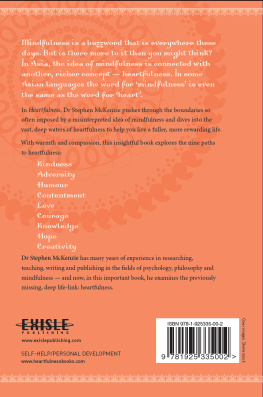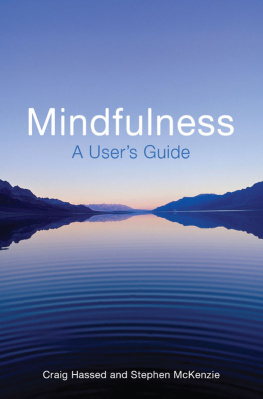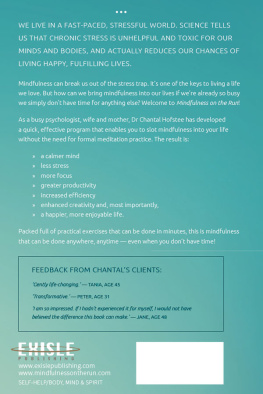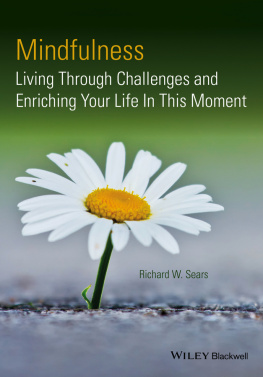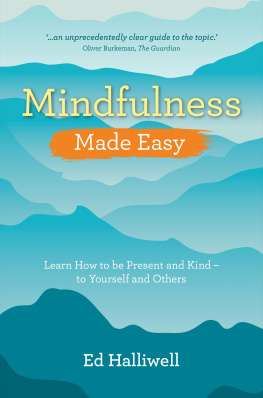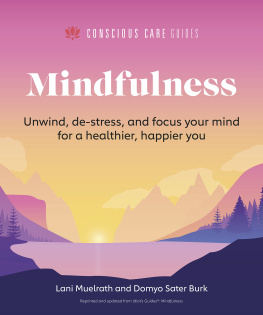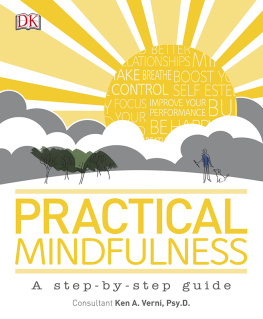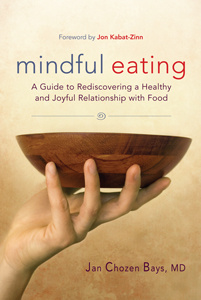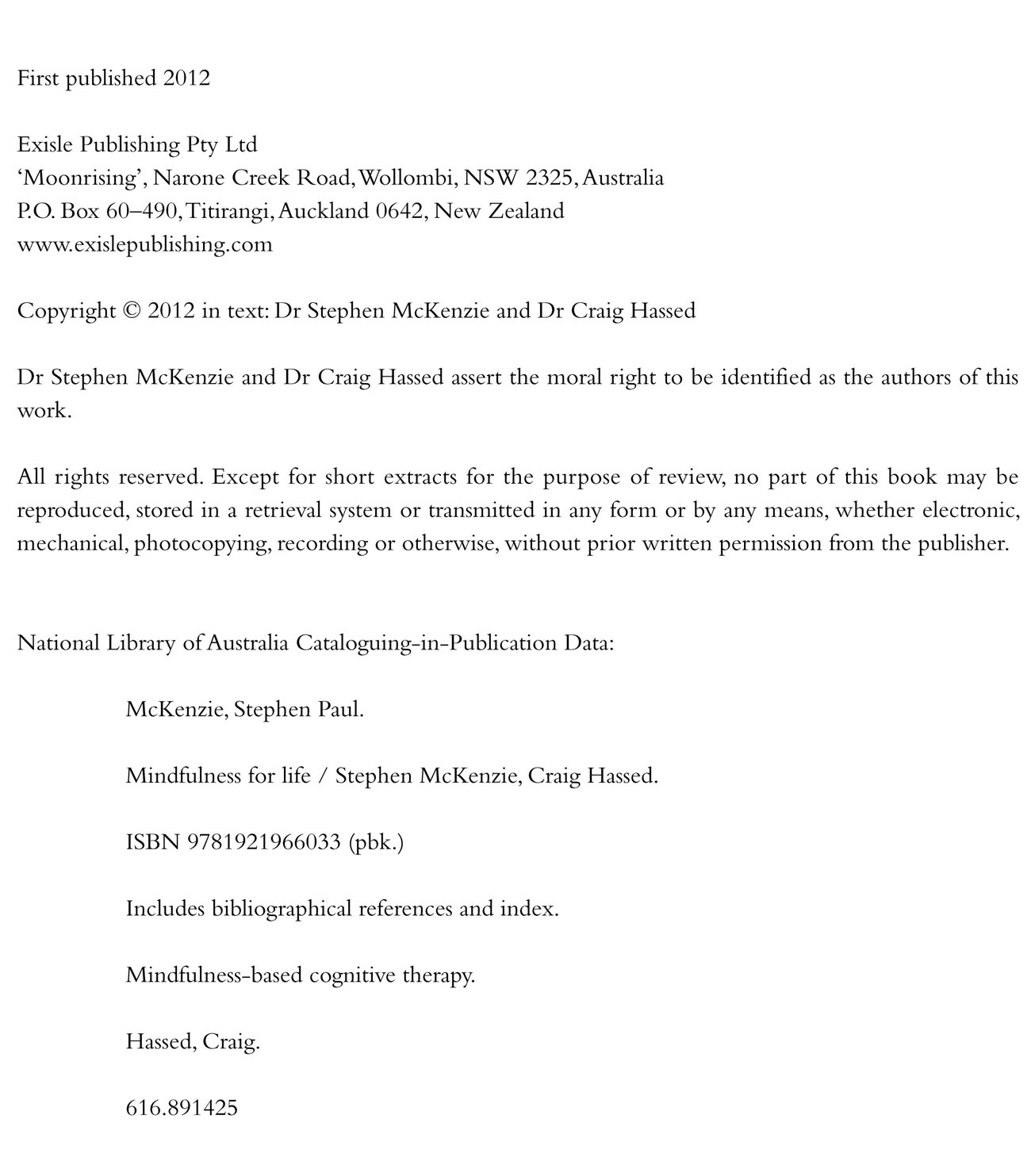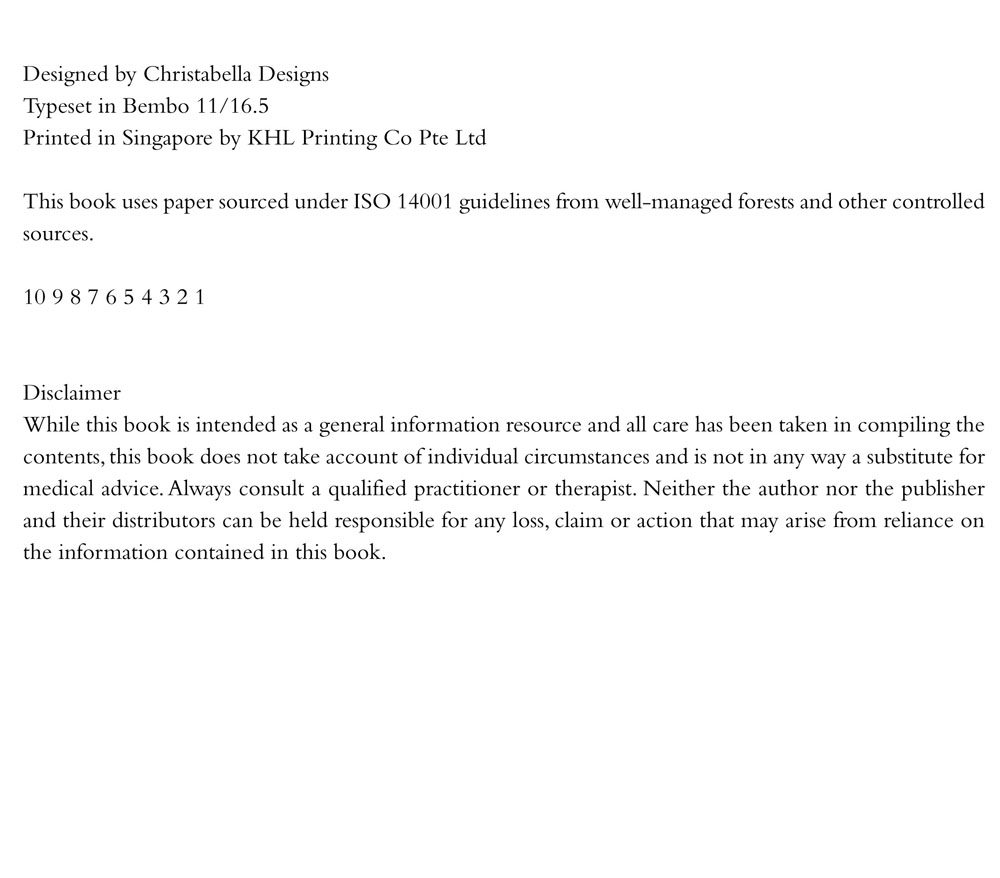Dr Stephen McKenzie - Mindfulness for Life
Here you can read online Dr Stephen McKenzie - Mindfulness for Life full text of the book (entire story) in english for free. Download pdf and epub, get meaning, cover and reviews about this ebook. year: 2013, publisher: Exisle Publishing, genre: Religion. Description of the work, (preface) as well as reviews are available. Best literature library LitArk.com created for fans of good reading and offers a wide selection of genres:
Romance novel
Science fiction
Adventure
Detective
Science
History
Home and family
Prose
Art
Politics
Computer
Non-fiction
Religion
Business
Children
Humor
Choose a favorite category and find really read worthwhile books. Enjoy immersion in the world of imagination, feel the emotions of the characters or learn something new for yourself, make an fascinating discovery.

- Book:Mindfulness for Life
- Author:
- Publisher:Exisle Publishing
- Genre:
- Year:2013
- Rating:5 / 5
- Favourites:Add to favourites
- Your mark:
Mindfulness for Life: summary, description and annotation
We offer to read an annotation, description, summary or preface (depends on what the author of the book "Mindfulness for Life" wrote himself). If you haven't found the necessary information about the book — write in the comments, we will try to find it.
Our tendency to not be fully present in life has vast implications. Being unmindful means wasting our lifetime, missing important information, increasing our risk of physical and social accidents and communicating more superficially with other people. Importantly, it makes us unhappier than we realise and vulnerable to stress and poor mental health. By focusing on what is rather than be distracted by what isnt mindfulness can make us much calmer, happier and healthier beings.
Mindfulness for Life is the only book you will ever need on mindfulness. It shows you how to apply mindfulness techniques to your own life whether you need help with medical conditions, personal development or spiritual development. Chapters are included on: stress and ageing, anxiety, depression, addiction, attention deficit orders, pain, weight management, eating disorders, heart disease and stroke, cancer, dementia and sleep; lifestyle, education, workplace, parenting and sporting enhancement; and self-actualisation, happiness and enlightenment development.
Mindfulness for Life is written by two experts in the field who bring the medical perspective of an international authority on mindfulness and the psychological perspective of a researcher. The result is a book that translates the scientific principles behind mindfulness into a simple, practical and accessible manual to applying mindfulness for life.
Dr Stephen McKenzie has over twenty years of experience in researching and teaching a broad range of psychological areas. He has a unique ability to present potentially complex information in a warm, engaging and entertaining way. He is currently a lecturer and research fellow at Deakin Universitys School of Psychology, where he is investigating mindfulness as a clinical treatment.
Dr Craig Hassed is an internationally recognised expert in mindfulness who has been instrumental in promoting mindfulness as a simple and accessible technique for enhancing wellness, preventing and managing illness, and improving performance within health, educational and corporate settings. He is the founding president of the Australian Teachers of Meditation Association.
Do read this book. Do give it to someone you care about ... Mindfulness works! Ian Gawler OAM
Dr Stephen McKenzie: author's other books
Who wrote Mindfulness for Life? Find out the surname, the name of the author of the book and a list of all author's works by series.

